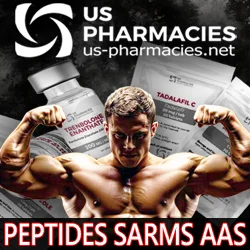Alcohol and protein synthesis
- Thread starter freez5
- Start date
Similar threads
PuritySourceLabs
NPP BACK IN STOCK
PuritySourceLabs
You wanna be lean and vascular, we have what you need 🔥
Domestic-Supply
TREN/TEST/MAST Long 300mg/ml from Domestic supply!


 Please Scroll Down to See Forums Below
Please Scroll Down to See Forums Below 











